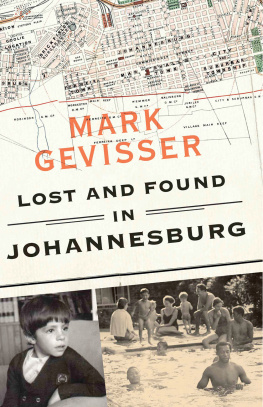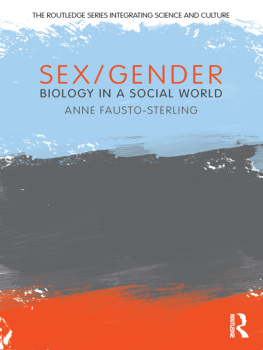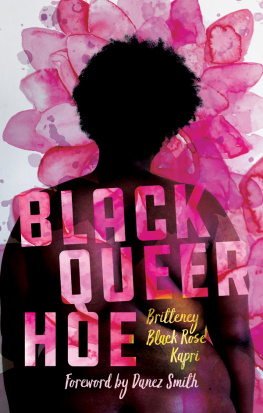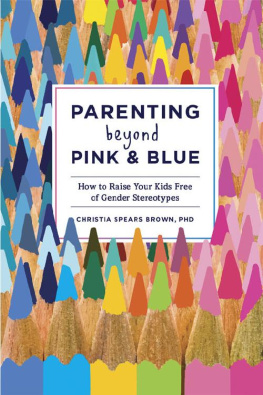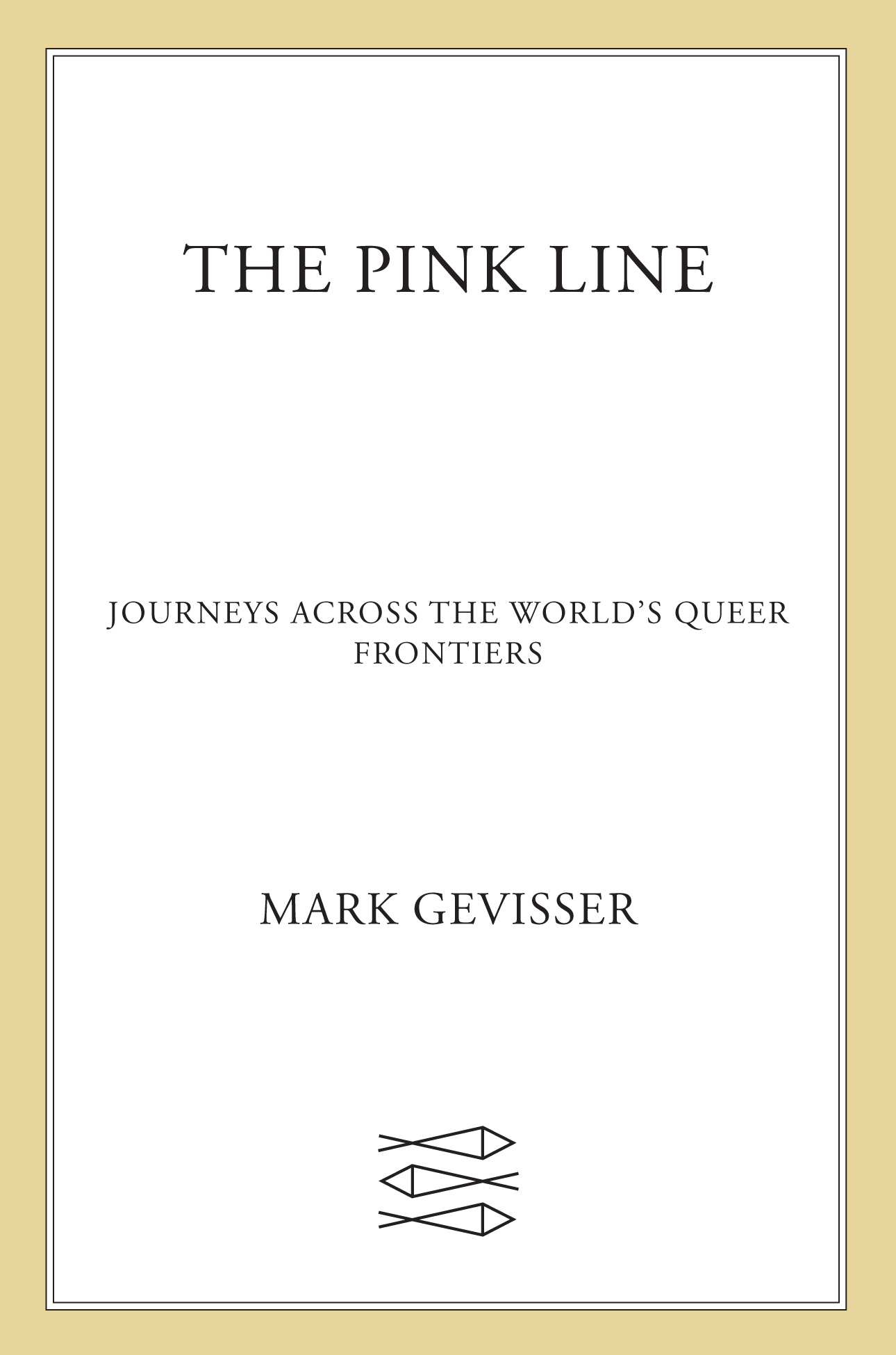The author and publisher have provided this e-book to you for your personal use only. You may not make this e-book publicly available in any way. Copyright infringement is against the law. If you believe the copy of this e-book you are reading infringes on the authors copyright, please notify the publisher at: us.macmillanusa.com/piracy.
ON TERMINOLOGY
I like the word queer because of its double valence. As well as having been reappropriated by people across the world to describe themselves, queer means different or skewed: to see things from a queer perspective is to look at the world askance, to see it afresh. But frankly, it is also convenient: it is a catchall that can hold (well, most of) the Ls, the Bs, the Gs, the Ts, and everyone else on the expanding alphabet. For this reason, however, it has sometimes lost its queer meaning, particularly in the United States. If everyone is queer, no one is. I hope to get the right balance here.
Also, in some parts of the world, including the United Kingdom, African American communities, and my native South Africa, queer remains awkward. This is because it is still so often used as a slur. It is also rejected by some transgender people who are very clear, like Liam, whom you will meet in these pages, that they are straight.
I have done my best to use the language the people I write about feel most comfortable with. I describe Liam as a straight transgender man because this is how he describes himself. Sean, who was also assigned female at birth, is genderqueer and prefers the they pronouns: so this is how I identify them, too, despite the grammatical infelicity. I have endeavored to abide by this principle even though this leads to inevitable inconsistencies in the text. Some people speak of LGBT rights and communities, some of LGBTI ones, some of LGBTQ, of LGBTIQ, LGBTQ+, etc. In the 2010s, the accepted convention in human rights discourse was LGBT and so this is my default. But if Tiwonge calls herself an LGBTI, thats what I call her too. If Pasha calls herself transgender, thats what I call her; if Charlotte calls herself a transsexual, ditto.
On that note: cisgender is a word developed by the trans community itself to describe people like me: those whose gender identities and expressions are congruent with the bodies they were assigned at birth. I share the philosopher Kwame Anthony Appiahs skepticism about the need to begin every sentence: As a white, gay, cisgender, middle-class, middle-age South African man, or whatever ones identity markers happen to be. In a 2018 New York Times op-ed, Appiah makes the point: Because members of a given identity group have experiences that depend on a host of other social factors, theyre not the same. I speak for myself, and not for any group. But I speak from a certain vantage point and new debates about cultural appropriation notwithstanding, I want you to know where Im coming from, as I ask you to accompany me on this journey.
I hope that some of you, reading this book, will be able to see yourselves in these pages and to identify with the people I write about. I hope that for all of you, there is the thrill of the new, tooas there was for me. In the very paragraphs above, there are words or phrases you might not be familiar with: cisgender, gender congruent, assigned gender at birth. Is it sex change surgery, gender reassignment surgery, gender affirmation surgery, or gender confirmation surgery? These are shifting sands, as the lexicon of a long-misunderstood group of people establishes itself as common usage, outside of the pathologizing discourse of medicine. There is not agreement: some people use transsexual to differentiate those who have had surgery; others reject it because of its derogatory or eroticized history. Once more, I have tried to steer a course using the way people describe themselvesand the accepted conventions of the momentas a guide.
A key precept of the contemporary transgender rights movement, particularly in the West, is to draw a line between sexual orientation and gender identity. A few nifty slogans from the transgender movement have helped me understand this, and I hope they help you, too:
My gender is between my ears, my sex is between my legs;
My gender identity is who I go to bed as, my sexual orientation is who I go to bed with;
Sex is what I do with my clothes off, gender expression is what I do with my clothes.
These work well in an American context but do not begin to capture the complex swirl of sexualities and gender identities in other places. If this book has one overarching agenda, it is to show that there is not only one way to be in the world.
ON TRANSLATION
This book tells the stories of many people who do not speak English at all, some who speak it well as a second language, and some for whom it is the mother tongue. In Malawi and South Africa, Egypt, Russia, India, and Mexico, I worked through Chichewa, Arabic, Russian, Tamil, and Spanish interpreter-researchers. This means that the people whose stories I am telling are refracted through this extraordinary cohort of go-betweens, who worked double time with me: they always had to listen, while I could zone out a little after asking the question and waiting for the translation, and did much fixing, digging, and cultural translation, too. Every one of them was invaluable, but they covered a range of fluency in English, and had their own linguistic idiosyncrasies, due to where and how they learned the language. In some instances, given the fact that I was in touch with my subjects over six years, I was compelled to use more than one interpreter, and my subjects voice would thus change in the transcripts, from visit to visit. Pasha, from Russia, sometimes speaks the more British English of my interpreter Margret, and sometimes the more American one of my interpreter Zhenya.
If, in Tamil Nadu, Sheetals mode of expression seems coarser than that of her protg Lakshaya, this might not just be because of their respective personalities: it is because Sheetal chose to speak to me in English, of a sort, while Lakshaya could not, and is therefore filtered through the more standard English of my interpreter Lavanya. Even when there was no interpreter present, these possible discrepancies present themselves. Is Nadav, the Israeli, more articulate than his boyfriend Fadi, the Palestinian? I doubt it, but Nadav lived in Australia as a child, while Fadi learned English online.
Sometimes, too, I was speaking in imperfect French or Spanish to people for whom these were native or second languages: I can state with certainty that things got lost in the transfer. Still, despite all these limitations, I have worked hard to bring to you people in their own voices, with translations that are as close as possible to what my subjects said to me. But translation is a screen, and not a translucent one.


